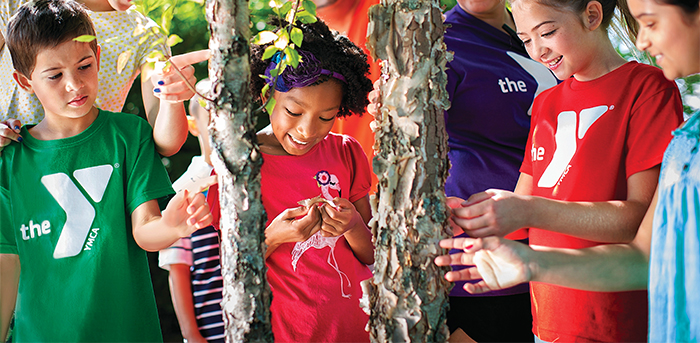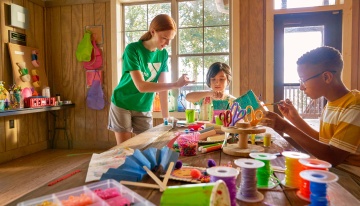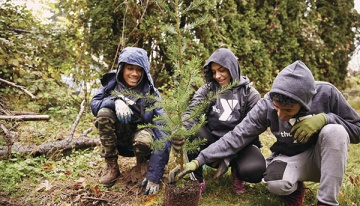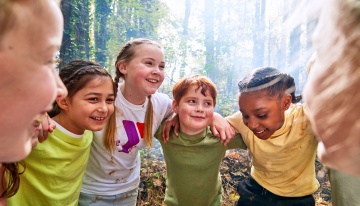Seven Ways Kids and Teens Can Become Citizen Scientists
Do you know a child or teen who is naturally curious or particularly interested in STEM projects (science, technology, engineering and math)? Is your camp or afterschool program looking for creative ways to empower youth? Introducing citizen science may be the answer.

Similar to internet crowd-sourcing, citizen science is the practice of collecting data from members of the general public to inform scientific studies conducted by professional scientists. Citizen scientists include bug watchers, bird counters, frog listeners and other members of the public who collect real data that is used in national and international online databases. The best part: there is no age requirement to be a citizen scientist! Any young person can make a discovery, submit data and receive confirmation of her work in the way of online distribution maps and more.
This collaborative process not only benefits the science community, but empowers and excites the youth who participate.
The following list is just a brief snapshot of ready-made citizen science projects that can be shared by schools and youth organizations like the YMCA:
1. EarthEcho
Young campers or kids enrolled in afterschool programs can test standing water, enter their findings as part of a world database and learn more about the environment that affects their waterways. Learn more.
2. Frog Watch USA
The Association of Zoos and Aquariums Frog Watch program offers individuals, groups and families an opportunity to learn about wetlands in their communities and report data on the calls of local frogs and toads.
3. Project Squirrel
The University of Chicago is interested in your squirrels! They’d like to know where they are, where they’re not and what they’re doing. Learn more.
4. Celebrate Urban Birds
The Cornell Lab of Ornithology asks us to monitor an urban spot (half the size of a basketball court) and report the birds we see—and don’t see—so we may better understand the avian life of cities. The Lab has mini-grants available for new urban birding groups. Learn more.
5. YardMap
The Cornell Lab of Ornithology is interested in your backyard! Using iPads or other tablets, campers and students can identify the species of trees, shrubs and flowers on any plot of land and plan to make the space more wildlife-friendly. Learn more.
6. Student Drifters
NOAA has worked with kids for more than a decade on constructing and deploying satellite-tracked surface drifters on the oceans, gathering data about currents, tides and winds. Learn more.
7. Create Your Own
A key strength of citizen science is its endless possibility and flexibility. Taking the basic protocols of the scientific process, we can create our own projects based on the inquisitiveness of the kids with whom we work.
What do you want to study today? Salamanders? Chipmunks? Observation and data collection can be designed, results shared, and real scientific discoveries made! If it exists in nature, it can be observed, counted or studied.
Remember, there’s nothing quite as empowering for youth than real-world experiences that prove their actions can make a difference.




